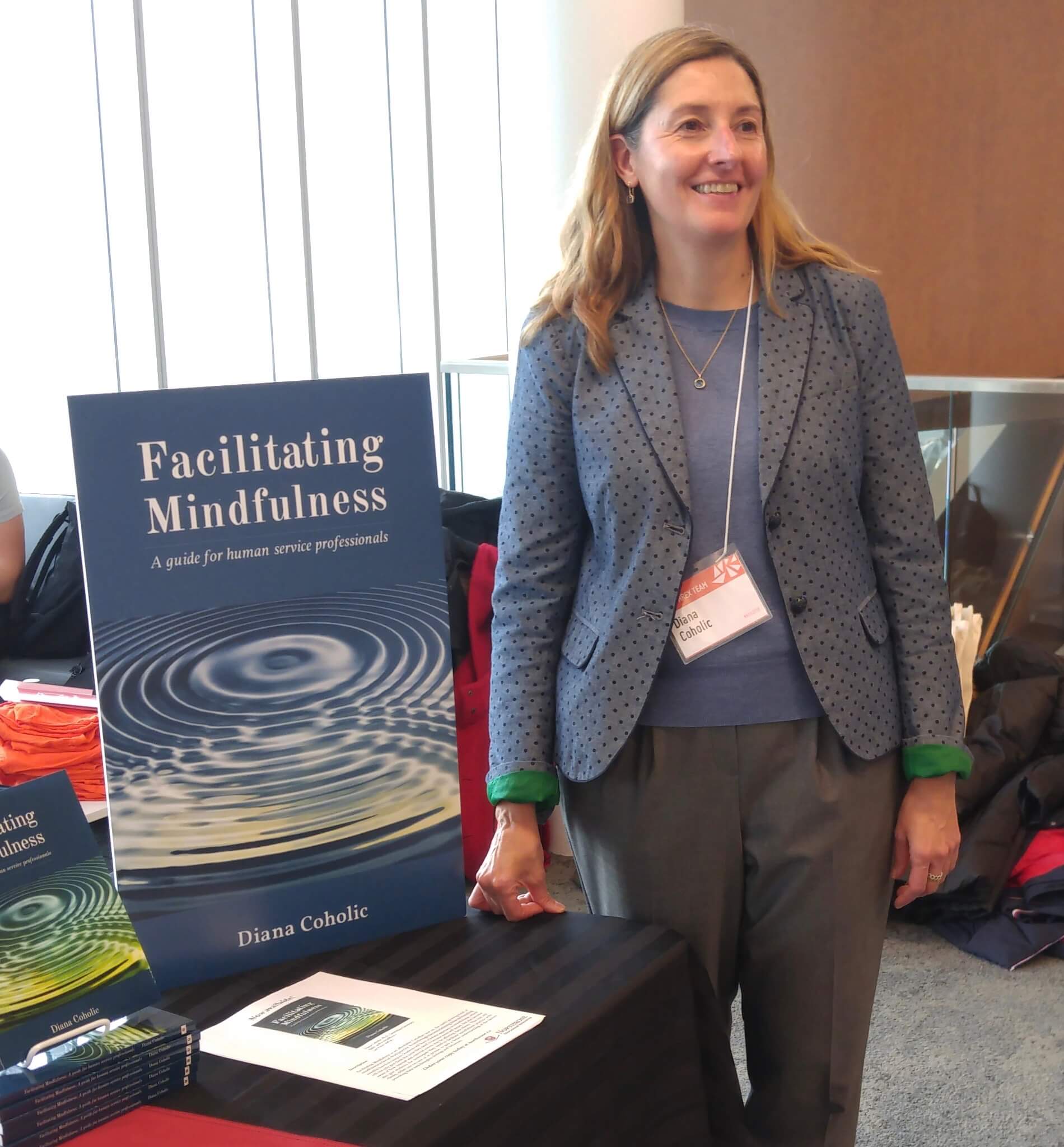Supporting Mindfulness-Based Programs for Youth
Discussions about mindfulness are ever-increasing within educational settings, community-based organizations offering services to youth, and popular media. Mindfulness-Based Programs for Youth: A Toolkit for Youth Workers is a timely resource for youth workers interested in facilitating mindfulness-based interventions (MBIs) and practices with youth. It offers background on the concept of mindfulness, ideas for creative activities, and ways to assess learning and development of mindfulness and resilience.
Mindfulness is a holistic philosophy that encourages us to live our lives in the present moment with acceptance and curiousity of our thoughts and feelings. This approach contrasts with the tendencies of many youth to negatively judge themselves. Practicing mindfulness can help youth develop more self-acceptance and esteem, and aspects of resilience including self-awareness, emotion regulation, and improved coping skills and relationships.
Most youth experience states of mindfulness sometimes through a physical activity or being in nature. With continued practice, mindfulness can become a trait or disposition and an approach to life. MBIs such as the well-known Mindfulness-Based Stress Reduction (MBSR) are recognized as evidenced-based practices for stress reduction and other challenges such as anxiety. Many programs for youth have been adapted from MBSR.
In collaboration with colleagues and students, I developed an arts-based approach to facilitate mindfulness with marginalized youth. Our program is called Holistic Arts-Based Program or HAP and it was originally developed from research with children living in foster care. We have also tested HAP with children involved with the mental health care system and most recently with youth from the ages of 11-17 years experiencing challenges with schooling.
It is relevant to note that mindfulness is not a panacea for all of the challenges youth face. Also, when working with youth who have experienced trauma, it is important to be aware that engaging in meditative exercises may increase feelings such as anxiety. We recommend first teaching grounding and calming techniques. Importantly, an arts-based approach enables youth to engage with practices and concepts at their own speed and levels of comfort, while having fun.
Children and youth are especially in need of interventions that will shore up their strengths and teach abilities such as paying attention, non-judgment, and emotion regulation. An arts-based approach is highly relevant for youth as it is engaging, developmentally appropriate, and enjoyable. Also, arts-based methods are effective for helping youth learn about and express their thoughts and feelings (Coholic, Schwabe & Lander, 2020).
There are also both professional and personal benefits for youth workers in learning and practicing mindfulness. Professional benefits include developing therapeutic presence, which is the ability to be fully present with those we are working with. Researchers have found that therapeutic presence enables us to feel less distracted, tolerate emotion better, and improve our empathy (Fulton, 2005). As a youth worker, it is important to have a personal practice of mindfulness so that we can effectively model and facilitate mindfulness for others.
Through our work, we have become strong advocates for creative strengths-based approaches to facilitating mindfulness with youth as these approaches promote successful learning and make MBIs accessible to more youth. We hope that facilitating creative MBIs brings as much enjoyment to your work as it has to ours!
Don’t miss A Creative Approach to Using Mindfulness With Youth, a FREE webinar featuring Diana, Tricia Goeldner (Social Worker, Rainbow District School Board), and Amanda Hardy (Elementary School Teacher, Rainbow District School Board) on Tuesday, May 19th. Register online today!
***
Coholic, D., Schwabe, N., & Lander, K. (2020). A scoping review of arts-based mindfulness interventions for children and youth. Child & Adolescent Social Work Journal, doi.org/10.1007/s10560-020-00657-5
Fulton, P. R. (2005). Mindfulness as clinical training. In C. Germer, R. Siegel, & P. Fulton (Eds.), Mindfulness and psychotherapy (pp. 55-72). Guildford Press.


